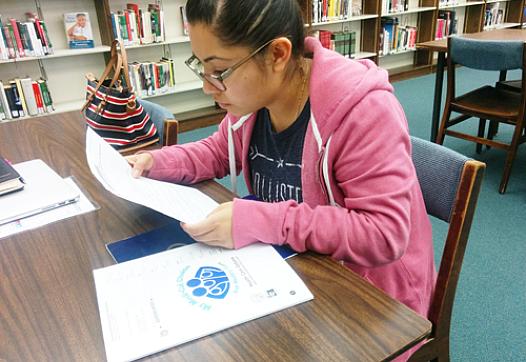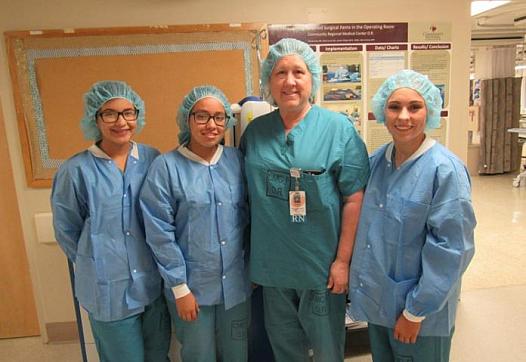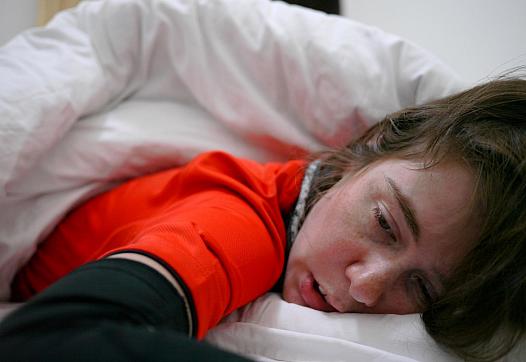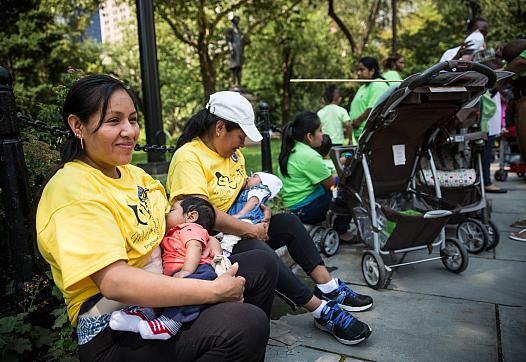
Dr. Glenda Wrenn of Morehouse School of Medicine discusses narratives of recovery and how journalists can do justice to the concept of resilience in their reporting.

Dr. Glenda Wrenn of Morehouse School of Medicine discusses narratives of recovery and how journalists can do justice to the concept of resilience in their reporting.

This article was produced as a project for the USC Center for Health Journalism’s California Fellowship.
Other stories in the series include:
Tobacco companies put up a fight against California's Prop 56
UCLA SAFE program to help low income residents avoid second hand smoke
Climbing Fences: Obstacle

At its core, l’affaire EpiPen is not about a single drug maker making sky’s-the-limit profits. It’s about how we pay for pharmaceuticals, how we contain price increases, and ultimately, who gets to use the drugs.

A reporter explores what Obamacare has meant for the health of DACA recipients and their undocumented family members. For many such families, reform has result in a patchwork quilt of eligibility.

While California's Medicaid expansion has helped provide first-time health insurance to residents throughout the Central San Joaquin Valley, patients living in rural communities still face tremendous obstacles to actually receiving care.

Doctors see patients with cases of food poisoning all the time. But patients too rarely bother to report the incidents to their local health department. If they did, we'd all be happier diners.

The Federal Trade Commission and California Attorney General have spent more than three years examining the merger proposal to weigh antitrust concerns.

Breastfeeding rates have risen in recent years, but big differences remain between states. Here's a look at the latest numbers and why many moms still find it hard to breastfeed.
Here we check in with prominent health journalists and experts to see what sites, newsletters and social media feeds they turn to first every morning. This week, we caught up with Charles Ornstein, senior reporter for ProPublica.

As the legalization of weed appears imminent in California, former Los Angeles Times reporter Sam Quinones says the crucial question we should be asking is, "What kind of marijuana should we legalize?"